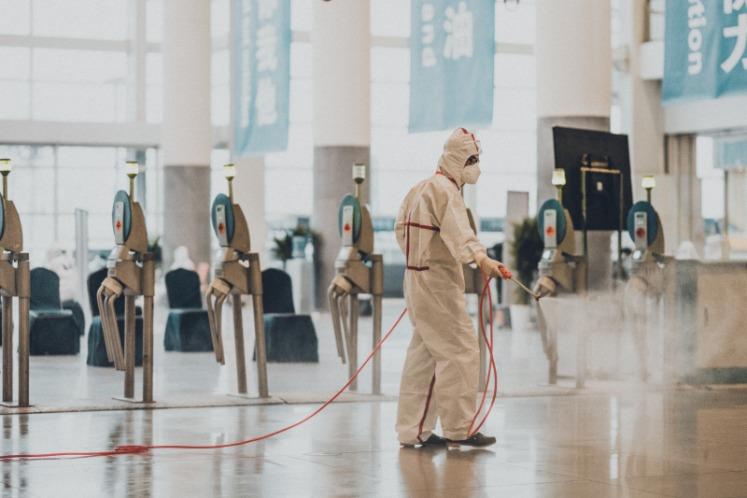Put clean energy at the heart of stimulus plans to counter the coronavirus crisis

The impact of the coronavirus around the world and the resulting turmoil in global markets are dominating global attention. As governments respond to these interlinked crises, they must not lose sight of a major challenge of our time: clean energy transitions.
The coronavirus is turning into an unprecedented international crisis, with serious repercussions for people’s health and economic activity. Although they may be severe, the effects are likely to be temporary. Meanwhile, the threat posed by climate change, which requires us to reduce global emissions significantly this decade, will remain. We should not allow today’s crisis to compromise our efforts to tackle the world’s inescapable challenge.
Governments are drawing up stimulus plans in an effort to counter the economic damage from the coronavirus. These stimulus packages offer an excellent opportunity to ensure that the essential task of building a secure and sustainable energy future doesn’t get lost amid the flurry of immediate priorities.
Large-scale investment to boost the development, deployment and integration of clean energy technologies – such as solar, wind, hydrogen, batteries and carbon capture (CCUS) – should be a central part of governments’ plans because it will bring the twin benefits of stimulating economies and accelerating clean energy transitions. The progress this will achieve in transforming countries’ energy infrastructure won’t be temporary – it can make a lasting difference to our future.
The costs of key renewable technologies, such as solar and wind, are far lower than during previous periods when governments launched stimulus packages. And the technology for both solar and wind is in a much better shape than in the past. Meanwhile, hydrogen and carbon capture are in need of major investment to scale them up and bring down costs. This could be helped by current interest rate levels, which were already low and are declining further, making the financing of big projects more affordable. Governments can make clean energy even more attractive to private investors by providing guarantees and contracts to reduce financial risks.
Read the full article here.
News published on Build Up News
Consult the source



